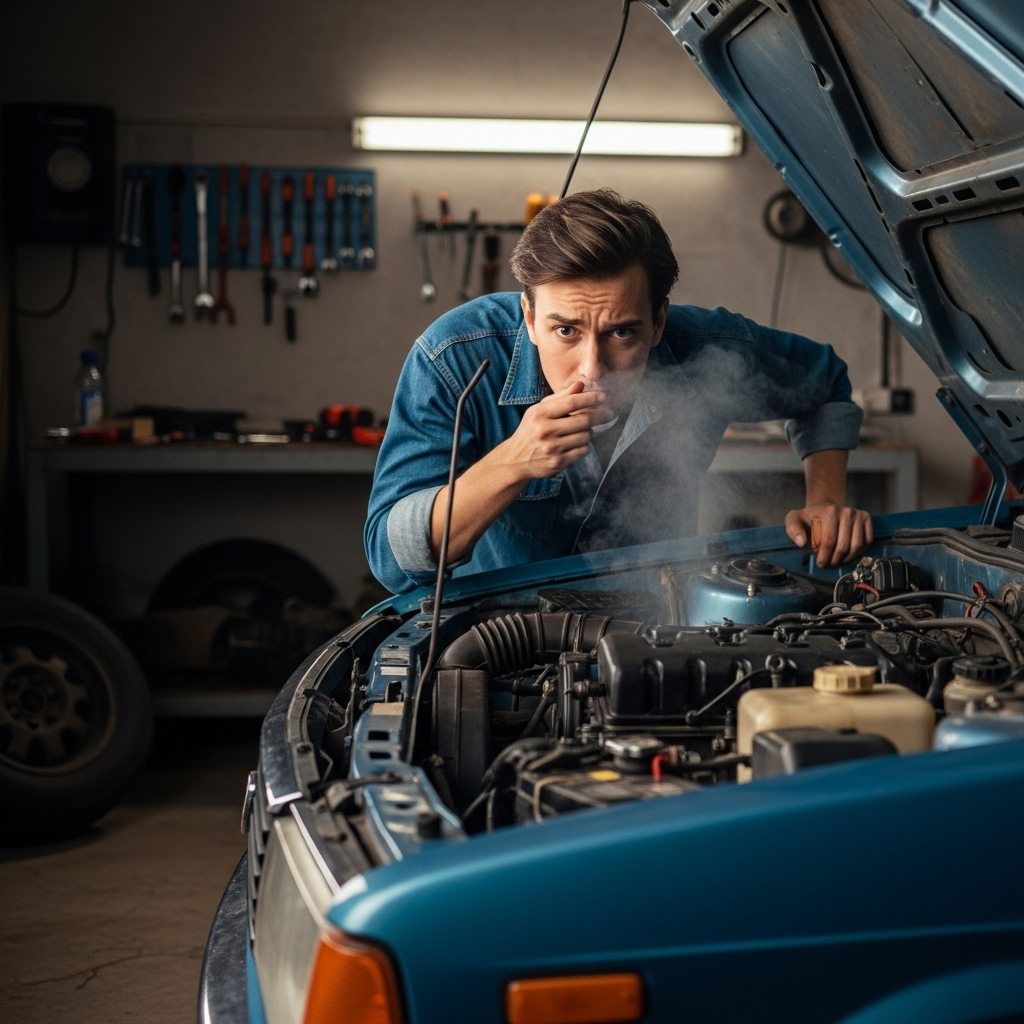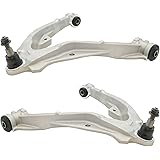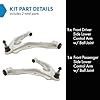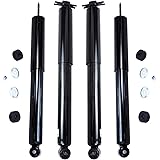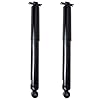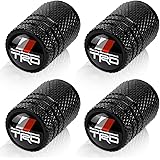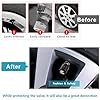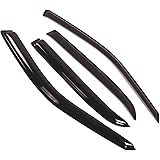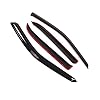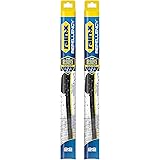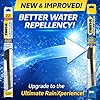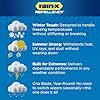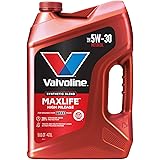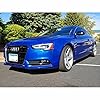Table of Contents
That sudden, unsettling scent of gasoline inside your car is more than just an unpleasant nuisance—it’s a symptom that demands immediate attention. If you’re asking yourself, “why does my car smell like gas?” you’ve come to the right place. This comprehensive guide will navigate the labyrinth of your vehicle’s fuel system to uncover the root of the odor, helping you distinguish between a harmless spill and a hazardous leak.
From a loose gas cap to a failing fuel pressure regulator, we’ll explore the full spectrum of potential causes, equipping you with the knowledge to diagnose the issue and take the correct, safe course of action. Understanding the source of the smell is the first critical step in protecting your health, your vehicle, and your wallet.
The Fuel System: A Brief Roadmap
To understand where things can go wrong, it’s helpful to know the basic journey your fuel takes. In a modern gasoline-powered vehicle, fuel travels from the tank at the rear to the engine at the front through a pressurized system .
- Gas Tank: The journey starts here, where fuel is stored.
- Fuel Pump: Typically located inside the tank, it draws fuel and pressurizes the system.
- Fuel Filter: This component cleans the fuel of debris and contaminants.
- Fuel Lines: A network of metal lines and rubber hoses transports the fuel from the tank to the engine.
- Fuel Rail: This metal tube distributes fuel to the injectors.
- Fuel Injectors: These precisely meter and spray fuel into each engine cylinder for combustion.
A failure at any point in this system can lead to leaks or malfunctions that produce that telltale gasoline smell.
Common Culprits: Why Does My Car Smell Like Gas?
The causes of a gasoline odor can range from simple and inexpensive to fix to serious and dangerous. It’s crucial to approach the situation with caution.
Loose, Damaged, or Missing Gas Cap
This is one of the most common and easily remedied causes. Your gas cap is designed to seal the fuel system and contain vapors. If it’s loose, cracked, or missing, gasoline fumes can escape freely from the tank and waft into your car’s interior .
What to do: Check that your gas cap is tightened securely until it clicks. Inspect the cap’s rubber seal for any cracks or damage. A replacement cap is an inexpensive fix.
Fuel System Leaks
A leak in the fuel system is the most dangerous potential cause. Due to the high pressure in the fuel lines, even a small leak can spray fuel, creating a fine mist that is highly flammable, especially in the engine bay near hot components like the exhaust system .
Leaks can occur from:
- Damaged Fuel Lines: Lines can become corroded, cracked, or physically damaged over time .
- Failing Fuel Injector: An injector that is stuck open or has a bad seal can leak fuel .
- Faulty Fuel Pump or Tank: The fuel pump, located in or near the tank, can develop leaks through a degraded gasket or a cracked housing .
What to do: If you suspect a fuel leak, do not drive the vehicle. Look for rainbow-tinted puddles or wet spots under your car, particularly in the middle or rear. The smell of raw gasoline under the hood or in the cabin is a major red flag. Have the car towed to a professional for immediate repair .
Problems with the Evaporative Emissions (EVAP) System
Modern cars are equipped with an EVAP system that captures gasoline vapors from the fuel tank and prevents them from escaping into the atmosphere. A key component is the charcoal canister, which absorbs and stores these vapors .
If the charcoal canister is cracked, saturated, or if another part of the EVAP system (like a vent hose or purge valve) fails, it can release fuel vapors, often causing a gas smell, particularly after refueling. A malfunction in this system will often trigger the check engine light .
Fuel Spills and Overfilling
Sometimes, the cause is as simple as a spill. Getting gasoline on your hands, shoes, or clothing at the pump can bring the smell directly into your cabin . Similarly, “topping off” your tank after the pump automatically clicks off can force excess liquid fuel into the EVAP system’s charcoal canister, damaging it and causing persistent odors .
What to do: Be mindful when refueling. If you spill gas on yourself, change your clothes. Avoid overfilling your tank.
Engine Performance Issues
If your engine is running “rich”—meaning it’s burning too much fuel in proportion to air—it can lead to a gas smell. This unburned fuel exits through the exhaust system, and the fumes can be drawn into the cabin through the ventilation system or holes in the floor .
A rich condition can be caused by:
- A faulty oxygen sensor
- A malfunctioning engine coolant temperature sensor
- A clogged air filter
- A problem with the mass airflow sensor
This issue is often accompanied by symptoms like poor fuel economy, rough idling, or a check engine light.
Exhaust System Leaks
While an exhaust leak typically smells different than raw gasoline, a leak in the exhaust manifold or a nearby gasket can allow the smell of unburned fuel from a rich mixture to enter the cabin before it reaches the tailpipe. This is particularly dangerous as it could also allow carbon monoxide, an odorless and deadly gas, to seep in .
Table: Quick Guide to Diagnosing the Gas Smell
| If the Smell Is… | Possible Cause | What to Do |
|---|---|---|
| Strongest inside the cabin | Fuel spill on clothes/shoes, EVAP system leak, cabin air filter saturated with fumes | Check personal items, inspect gas cap, see a mechanic |
| Strongest outside or under the hood | Fuel line leak, leaking fuel injector, oil cap missing | Do not drive. Look for visible leaks, have car towed |
| Noticeable after refueling | Overfilled tank, loose gas cap, spill on car body | Tighten gas cap, avoid overfilling, wash spill area |
| Accompanied by a check engine light | EVAP system leak, engine running rich | Have a mechanic pull diagnostic trouble codes |
| You see a puddle under the car | Active fuel leak from tank, line, or component | Do not start the engine. Have car towed immediately |
Immediate Action Plan: What to Do If You Smell Gas
Your response can prevent a dangerous situation. Follow these steps if you detect a gasoline odor in or around your car.
- Stay Calm and Do Not Ignore It: A gas smell is a warning you should never dismiss.
- Turn Off the Engine and Eliminate Ignition Sources: If the engine is running, shut it off immediately. This reduces the risk of a fire from a potential leak. Do not smoke, use a lighter, or operate any switches that could create a spark .
- Check the Gas Cap: This is the easiest and most common fix. Ensure it is tightened securely until it clicks .
- Perform a Visual Inspection: From a safe distance, look under and around the car for any signs of a rainbow-tinted puddle or wet spots. Check the engine bay for visible leaks or strong odors of raw fuel .
- Decide Whether to Drive: As a general rule, if the smell is strong and you cannot confirm it’s from a simple spill or loose cap, DO NOT DRIVE THE VEHICLE . The risk of fire is too great. Have the car towed to a trusted repair shop. If the smell is faint and you confirmed a loose cap, you may drive, but stay alert to see if the odor returns.
The Hidden Dangers: Health and Safety Risks
Beyond the immediate risk of fire, gasoline fumes pose significant health hazards.
- Short-Term Exposure: Inhaling gasoline vapors can cause headaches, dizziness, lightheadedness, nausea, and blurred vision . These symptoms can impair your ability to drive safely.
- Long-Term Exposure: Chronic exposure to gasoline vapors has been linked to more serious health problems, including damage to the nervous system, kidneys, and lungs .
- Chemical Composition: Gasoline contains harmful chemicals like benzene, a known carcinogen. While pumping gas once in a while is low-risk, prolonged exposure in an enclosed space like your car is hazardous to your health .
When to Seek Professional Help
While checking the gas cap is a simple DIY task, most causes of a gas smell require a professional mechanic. You should definitely seek help if:
- The gasoline odor is strong or persistent .
- You see any visible signs of a fuel leak .
- The check engine light is illuminated .
- The car is running poorly, struggling to start, or has decreased fuel economy .
- You feel dizzy, nauseous, or get a headache while driving .
A certified technician has the tools and expertise to perform a thorough inspection, pressure-test the fuel system, and diagnose EVAP system leaks to safely resolve the issue.
Conclusion
The question “why does my car smell like gas” should always be met with immediate attention and caution. While the cause can sometimes be benign, it often points to a serious issue with your fuel or emissions system that poses significant safety and health risks. By understanding the potential culprits, from a simple loose cap to a dangerous high-pressure leak, you are empowered to take the right steps. Never ignore this powerful warning sign. Prioritize your safety, perform basic checks like securing the gas cap, and when in doubt, trust a professional mechanic to diagnose and repair the problem, ensuring your vehicle is safe and odor-free once again.

